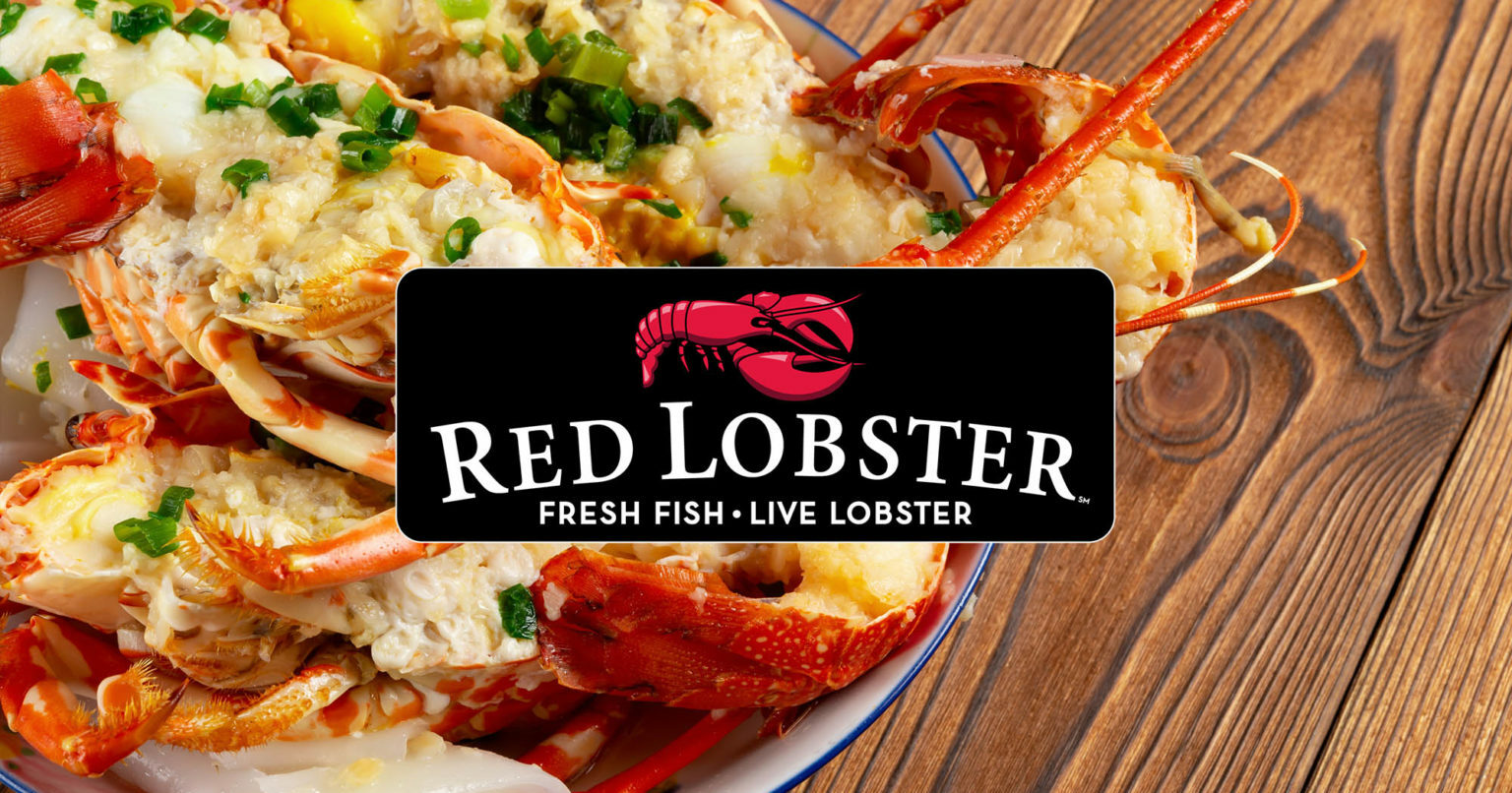As if the threats posed by climate change, war, and artificial intelligence weren’t enough, there’s another potential existential catastrophe on the horizon: Marine biologists are sounding the alarm that if any more Red Lobsters shut down there will soon be so much lobster mass in the ocean that sea levels will rise 20 feet by 2025.
Yikes. This is not good.
According to projections by the National Oceanic and Atmospheric Administration, the recent spate of Red Lobster closing across the nation has resulted in a situation where if even a single Red Lobster in any American city or suburb shuts down it could have devastating impacts on our planet’s oceans. Without a sufficient number of Red Lobsters to serve up succulent, buttery lobster tails to diners, the oceans lobster stocks will quickly multiply thousands-fold, the mass of the billions of crustaceans displacing so much water that coastal areas will soon be completely underwater (and presumably, under lobsters).
“For decades, Red Lobster has kept the ocean’s lobster mass balanced in harmony with our current sea levels,” explained Harvard Professor of oceanography Erin Murphy. “But the recent closings of dozens of Red Lobster restaurants has not only had a negative effect on our nation’s seafood lovers, but on our oceans as well. If we don’t do something to protect Red Lobster soon, the amount of lobster in our oceans will exceed the amount of water, making it difficult for large sea mammals to maneuver, disrupting migration corridors, and changing the ocean’s beautiful, blue waters to a reddish-brown hellscape roiling with lobsters.”
Damn. Sounds like if even one more Red Lobster closes its doors it’ll be goodbye, New York City.
While these projections are grim, the good news is that it’s not too late. Environmentally minded consumers can still have an impact by eating at the remaining Red Lobsters multiple times a day, forgoing their Cheddar Bay Biscuits for an additional lobster plate, and distributing Red Lobster coupons and gift cards to everyone in their circle. It won’t be easy, but our oceans—and our nation’s best known seafood chain—need our help.





